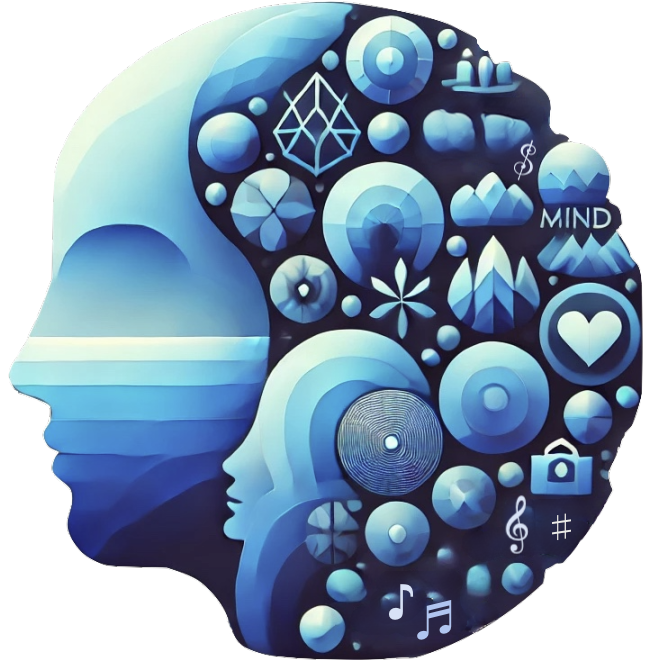Self-awareness, the conscious knowledge of one’s own character, feelings, motives, and desires, serves as a cornerstone for personal development and the quality of one’s relationships with oneself, others, and their surroundings. This fundamental aspect of emotional intelligence influences how individuals interact with the world. Here’s a detailed exploration of its impact:
Impact on Relationship with Oneself
1. Personal Growth and Development: Self-awareness is crucial for personal growth. By understanding your strengths and weaknesses, you can set realistic goals, work on areas that need improvement, and cultivate your strengths. This process leads to personal development and a more fulfilling life.
2. Emotional Regulation: Recognizing and understanding your emotions are key components of self-awareness. This understanding allows for better management of emotions, reducing the likelihood of being overwhelmed by them. Emotional regulation is essential for maintaining mental health and well-being.
3. Decision Making: Self-awareness enhances decision-making capabilities. When you understand your values, desires, and goals, you can make choices that are aligned with your true self, leading to more satisfying outcomes.
4. Self-Esteem and Self-Confidence: Understanding and accepting yourself boosts self-esteem and confidence. Recognizing your achievements and learning from your failures fosters a positive self-image and resilience.
Impact on Relationships with Others
1. Empathy and Understanding: Self-aware individuals are better equipped to empathize with others. Understanding your own emotions helps you recognize and empathize with the emotions of others, enhancing interpersonal relationships.
2. Communication: With self-awareness, communication improves. Knowing your emotional triggers and understanding how your words and actions affect others can help in expressing yourself clearly and listening actively, fostering healthier relationships.
3. Conflict Resolution: Self-awareness contributes to resolving conflicts more effectively. Recognizing your role in conflicts and understanding the perspectives of others can lead to constructive solutions and stronger relationships.
4. Building Stronger Bonds: By being authentic and vulnerable, self-aware individuals can form deeper connections with others. Authenticity invites trust and openness in relationships.
Impact on Relationship with Surroundings
1. Environmental Sensitivity: Self-aware people are often more aware of their impact on their environment. This can lead to more responsible behaviors, such as sustainability practices and mindful consumption, reflecting a respect for natural resources and ecological balance.
2. Community Engagement: Understanding your values and desires can motivate engagement in community and social causes that are important to you. Self-aware individuals often seek ways to contribute positively to their communities, strengthening social bonds and collective well-being.
3. Workplace Harmony: In professional settings, self-awareness can lead to better teamwork and leadership. Understanding one’s strengths and weaknesses can help in delegating tasks, acknowledging others’ contributions, and creating a more harmonious work environment.
4. Global Awareness: Self-aware individuals are more likely to be conscious of global issues and how their actions can contribute to or mitigate these challenges. This awareness can lead to more globally responsible actions, such as supporting fair trade or reducing carbon footprints.
Conclusion
In essence, self-awareness enriches an individual’s life in multiple dimensions. It not only fosters a healthier, more compassionate relationship with oneself but also enhances interactions with others and encourages a more thoughtful and responsible engagement with the world. The journey of developing self-awareness is ongoing, offering continuous opportunities for growth and improvement.

